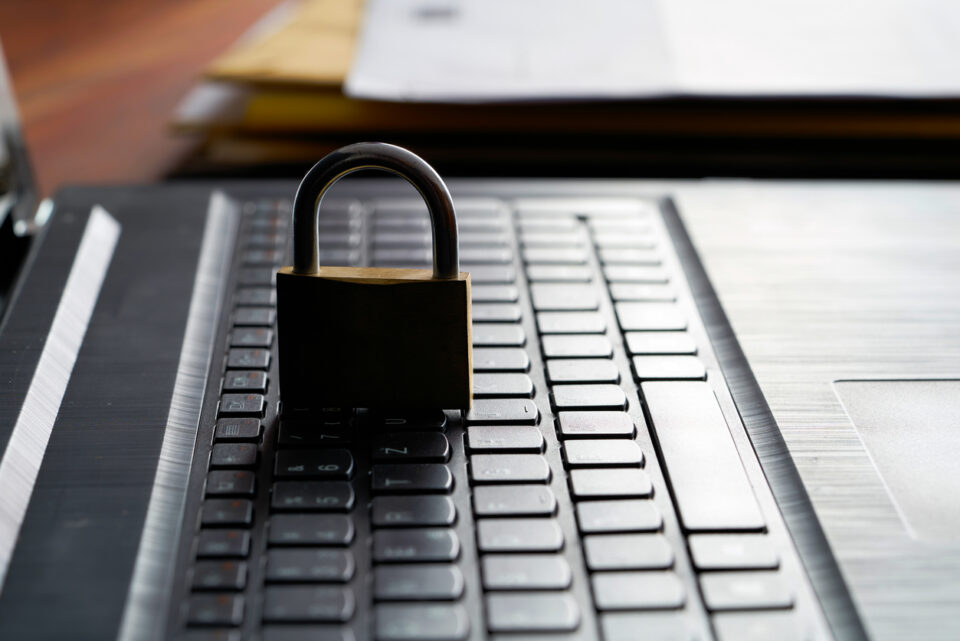How Can I Protect My IP While Working Remotely?
Date
April 9, 2020
Read Time
3 minutes
Share

During a pandemic, there are certain ways you can protect your IP while working remotely. Consider this checklist of tips and guidelines.
What Can Companies Do About IT Systems Generally?
Make employees aware of the risk of hackers and theft when working remotely, as they are getting more and more savvy and are looking for opportunities to gain access to company systems and data.
- Continually remind employees about phishing emails and hackers.
- Look out for new email scams that include impersonating colleagues and executives, targeted emails, COVID-19 related emails and the like.
- Only open emails and click on links or attachments in emails from people you know. If an email appears to be from a colleague or contact but seems suspicious, call the colleague or contact to confirm.
- Do not reply to suspicious emails. Make sure that the employee contacts their IT department if they have any doubts regarding the origin of an email or attachment.
- Maintain an inventory of company approved or company issued devices to ensure that employees are logging in through approved devices only.
- If exceptions must be made to the company device only rule, develop guidelines for use of personal devices. Home networks should be password protected. Avoid using personal email accounts for business purposes.
- Establish a virtual private network (VPN) to maintain proprietary information on networks and control access to networks. Companies should consider only allowing access to networks only though a VPN.
What about Confidential and Proprietary Information?
Maintain protocols over confidential and proprietary information, and especially trade secrets.
- Don’t “loosen” the protocols currently in practice.
- Maintain access, use and marking requirements, such as allowing access to information only to employees that need to know or use, continue to “mark” information that is confidential or trade secret, be mindful of who is being copied on emails.
- Do not send confidential, proprietary or trade secret information over unsecured networks. Use encryption and/or passwords if available.
- If non-disclosure agreements are warranted, don’t overlook having NDAs in place before disclosing information. While we recognize that we are in a crisis, NDAs will protect both parties when the world returns to normal.
Should I Consider Patents?
In crisis mode, we may be inclined to disclose information that we might otherwise keep secret. Provisional patent applications can be a quick way to protect ideas.
- Companies that invest in research and development should continue to file patent applications to maintain protection for those investments.
- File for patent applications early. Know that with people working remotely, there is a greater chance that ideas and information might be less secure. Filing patent applications early will help preserve dates and rights and minimize the chance that rights will be compromised.
How Do I Maintain My Portfolios?
Keep an eye on your IP portfolios. Patents and trademarks have maintenance and/or renewal requirements and associated costs.
- Review portfolios to drop IP that you no longer need or want to save costs. If patents or trademarks cover products or services you no longer provide, consider dropping the associated IP.
- Be mindful of dropping IP and consider that it may still have value to you – you may be able to sell or license IP to continue to generate income.